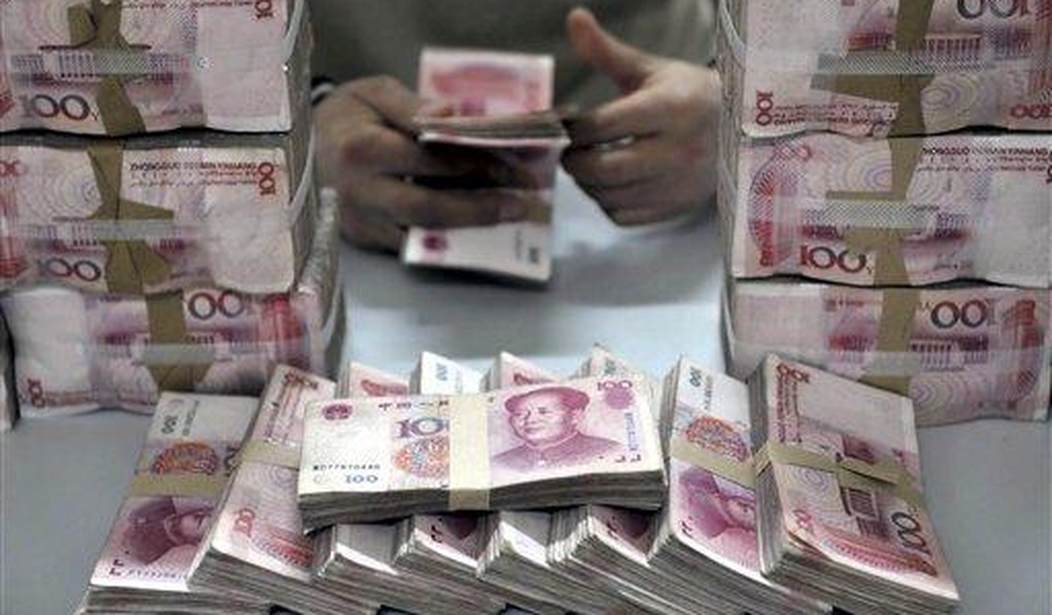Top News
Wealthy Chinese Have Many Ways to Get Their Money Out of the Country

When an investment looks like a bad risk, you take your money out of it. When your whole country’s economy looks like a bad risk you do the same thing. And that’s what wealthy Chinese citizens have been doing, stealthily moving their money abroad even though there is a potential risk of going to jail for violating laws against such moves.
Since international borders reopened post-pandemic, advisers to the rich report a surge in demand for overseas backup options. Crackdowns on ideologically out-of-favor industries, uncertainty over geopolitical tensions and Xi Jinping’s push for “common prosperity” have spooked the rich and even the middle class. In addition, the domestic economy looks increasingly dire. Exports are struggling, house prices are falling, and more than 1 in 5 young people are out of work. Many wealthy families feel it’s essential to have money outside the country, whether to diversify assets or to pave the way for potential future immigration…
Yet opportunities to move cash legitimately from China are severely limited, with individuals normally allowed to wire only $50,000 a year overseas. They also have a one-time opportunity to move their money when they emigrate. Plugging the gap is where the underground networks come into play. “These agencies have sprouted to meet soaring demand,” says Joel Gallo, an adjunct professor of finance at New York University Shanghai. “They act as quasi-banking firms, yet operate without the scrutiny of one and adroitly engage in regulatory arbitrage by standing in a gray zone.”…
People caught using illegal currency-exchange services in mainland China usually are fined 30% or more of the amount of money they attempted to transfer. If the sum is significant, those providing the service face significant jail time. Although the maximum penalty of a life sentence is typically handed down only when there are compounding offenses such as bribery, reports of sentences ranging from one to five years are common.
Today the NY Times has an article on some of the efforts to get money out of China. Instead of buying more apartments as part of China’s borderline insolvent construction industry people simply buy apartments overseas. But doing so often means getting large amounts of cash or other valuables out of the country.
They are using their savings to buy overseas apartments, stocks and insurance policies. Able to fly again to Tokyo, London and New York, Chinese travelers have bought apartments in Japan and poured money into accounts in the United States or Europe that pay higher interest than in China, where rates are low and falling…
In some cases, Chinese are improvising to get around China’s strict government controls on transferring money overseas. They have bought gold bars small enough to be scattered unobtrusively through carry-on luggage, as well as large stacks of foreign currency.
Real estate is an option, too. Chinese have emerged as the main buyers of Tokyo apartments costing $3 million or more, and they often pay with suitcases of cash, said Zhao Jie, the chief executive of Shenjumiaosuan, an online real estate listing service in Tokyo. “It’s really hard work to count this kind of cash.”…
All told, an estimated $50 billion a month has been taken out of China this year, mainly by Chinese households and private-sector companies.
Of course there is a big catch. The families and individuals who’ve been moving money out of China presumably had liquid assets that made it possible. But for many Chinese citizens any investments they had were tied up in the real estate behemoths like Evergrande and Country Garden which are now defaulting on loans. No doubt many of those people would love to take those investments and move them elsewhere but at this point the market for such apartments is depressed or, even worse, they may have paid for an apartment which still hasn’t been built (and may never be). In short, the nature of the downturn means many people are stuck with their money locked up in bad Chinese investments. If not for that, a lot more money would be leaving the country every month.
Read the full article here


















